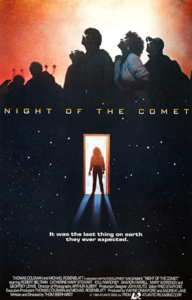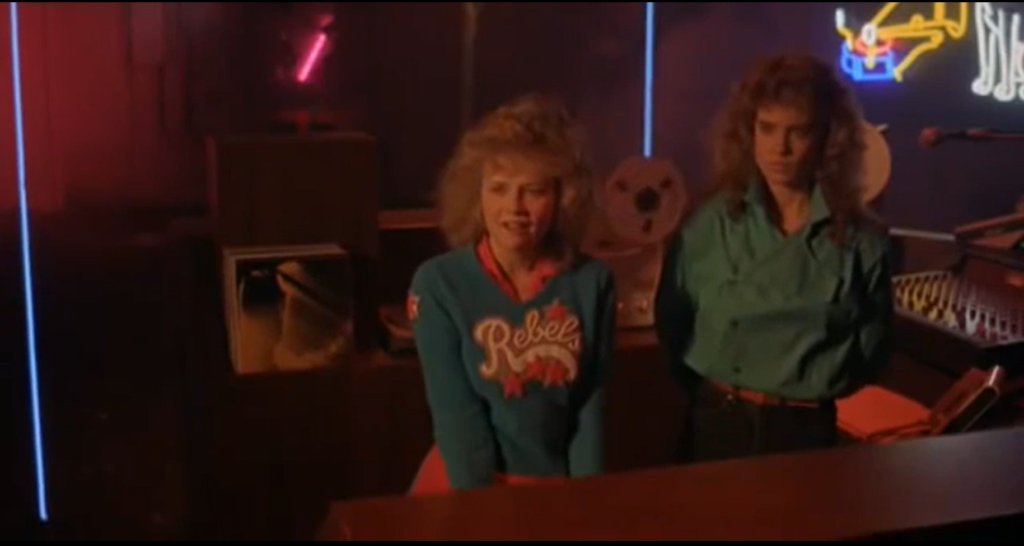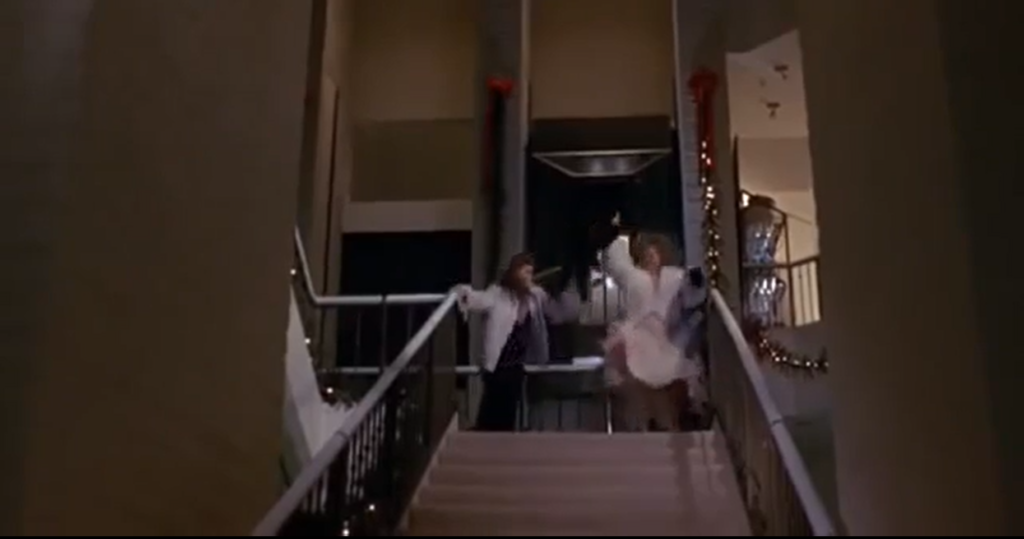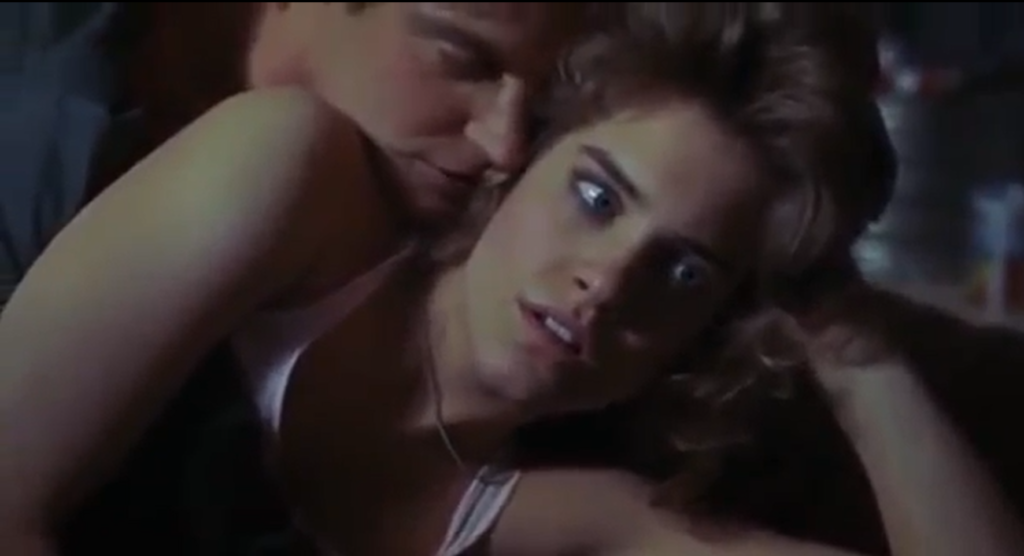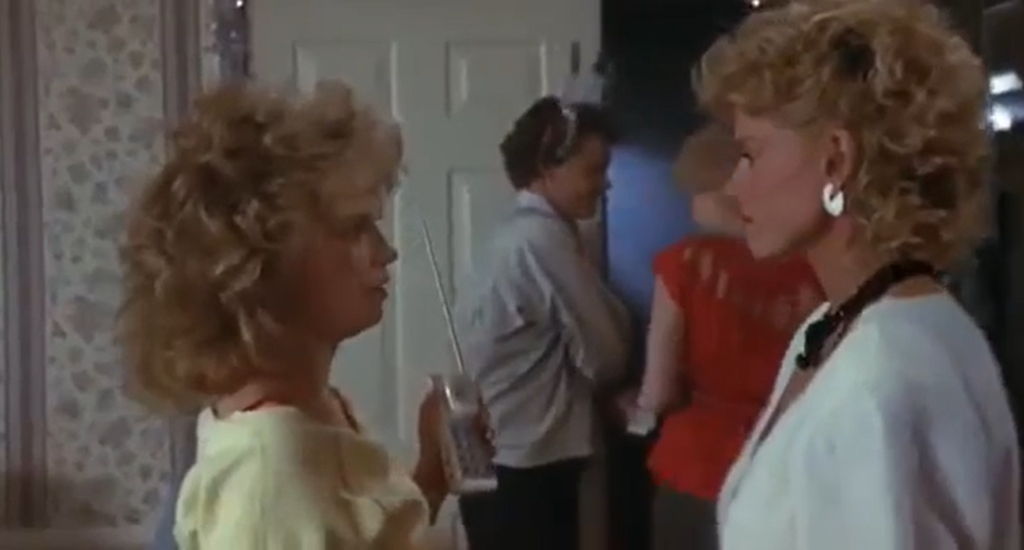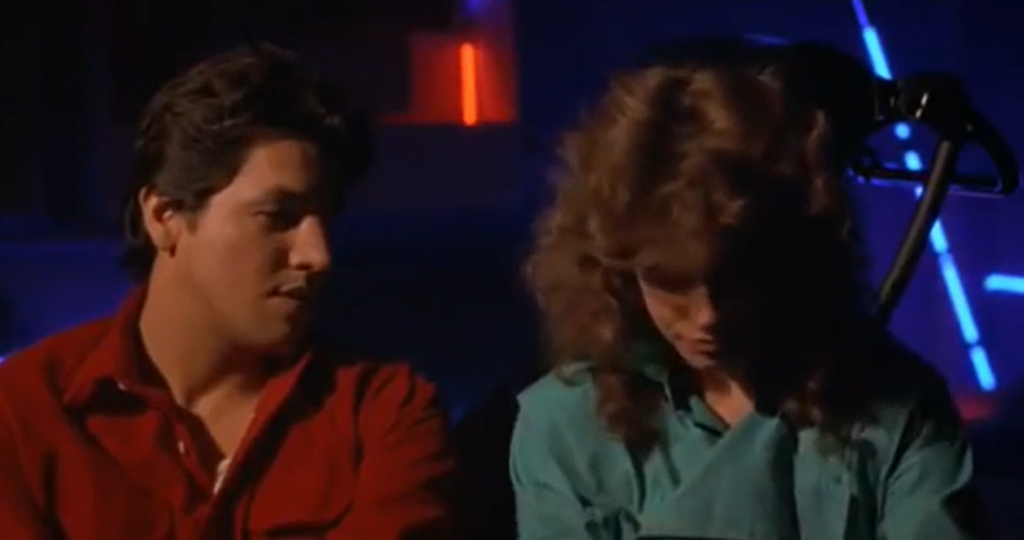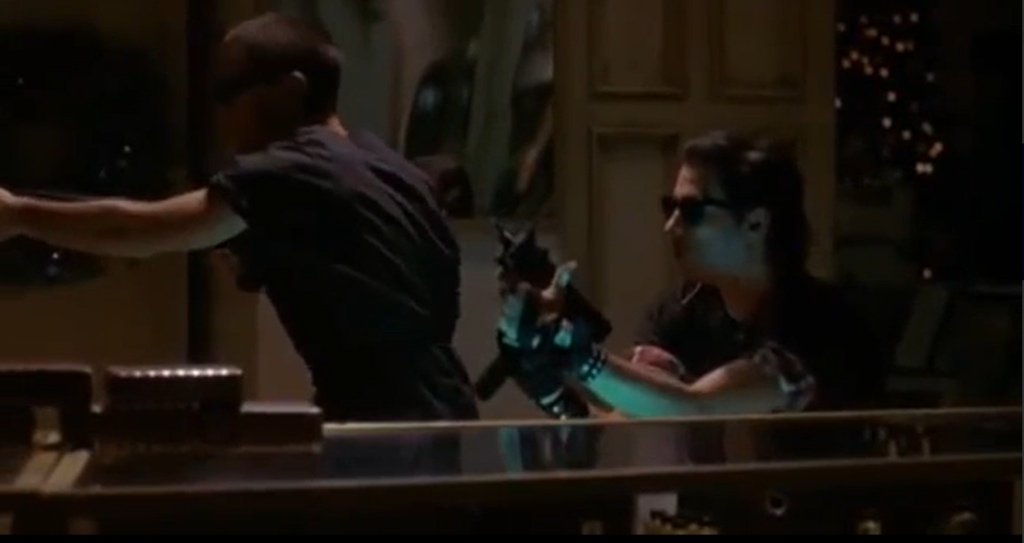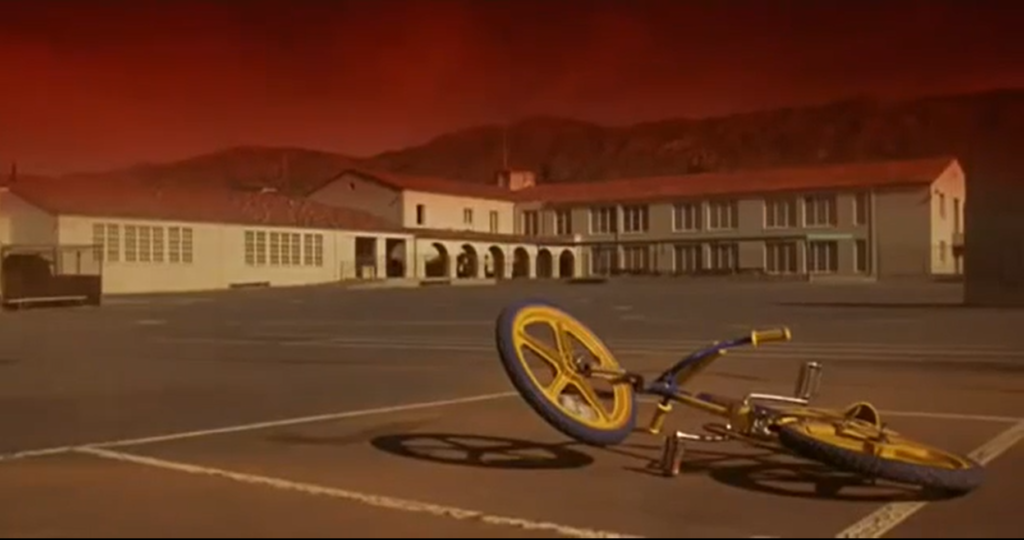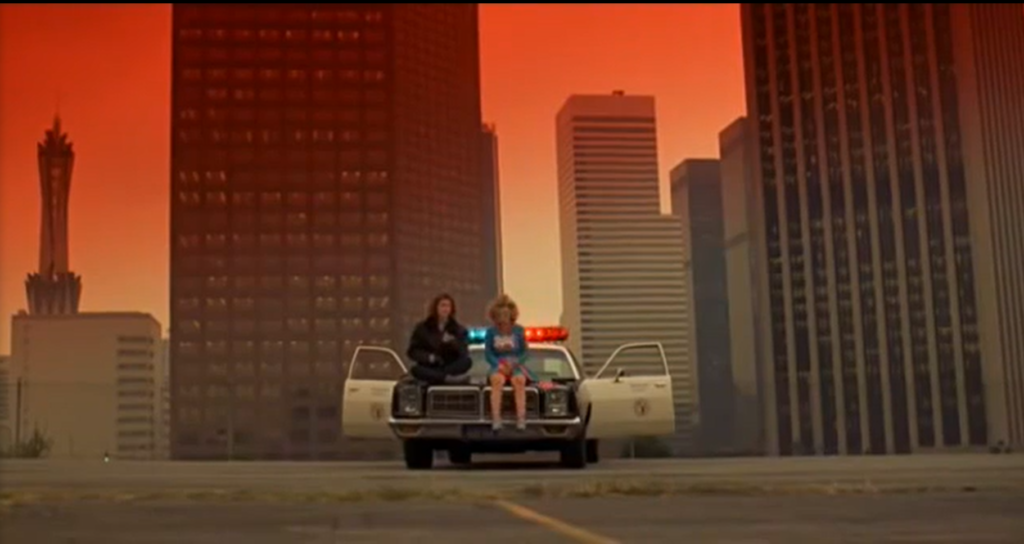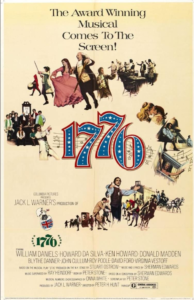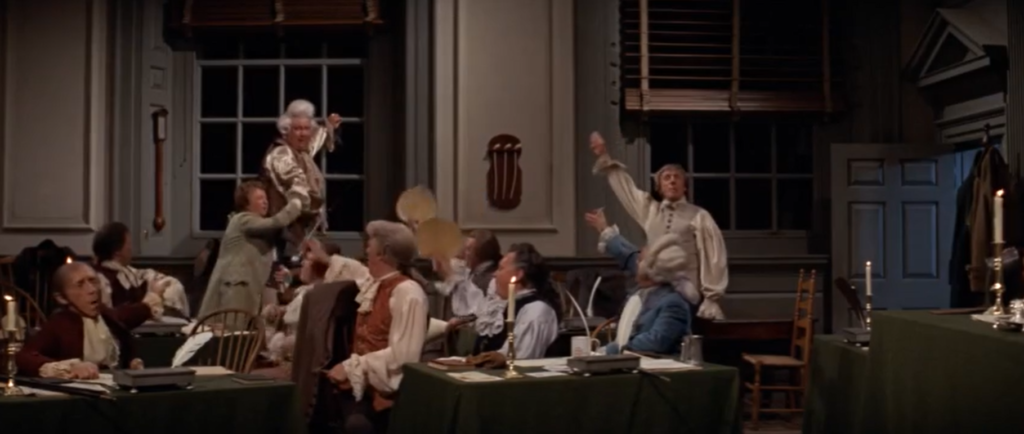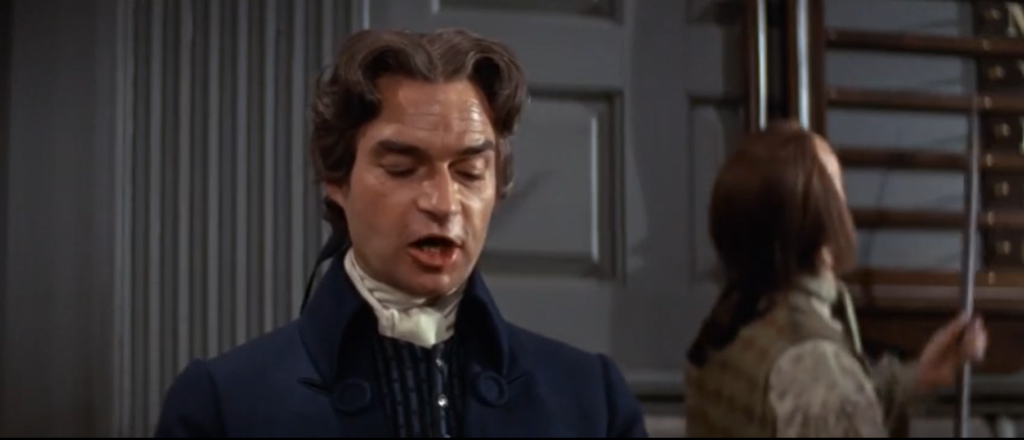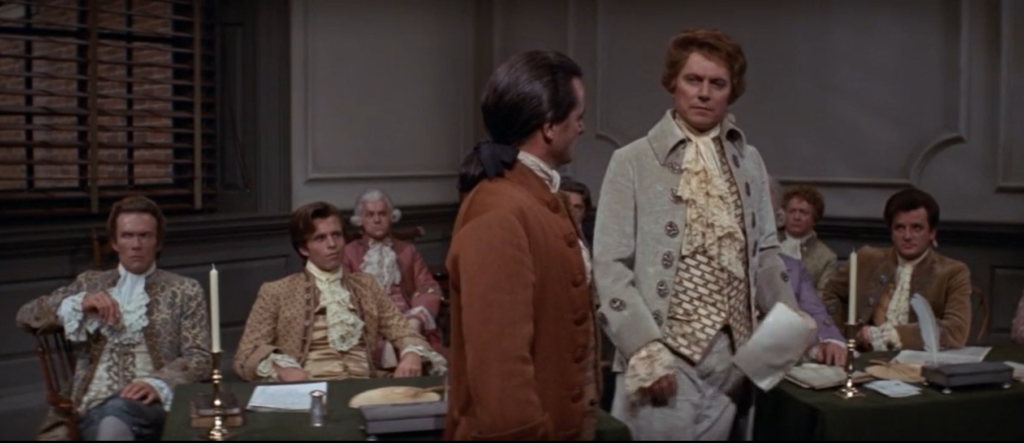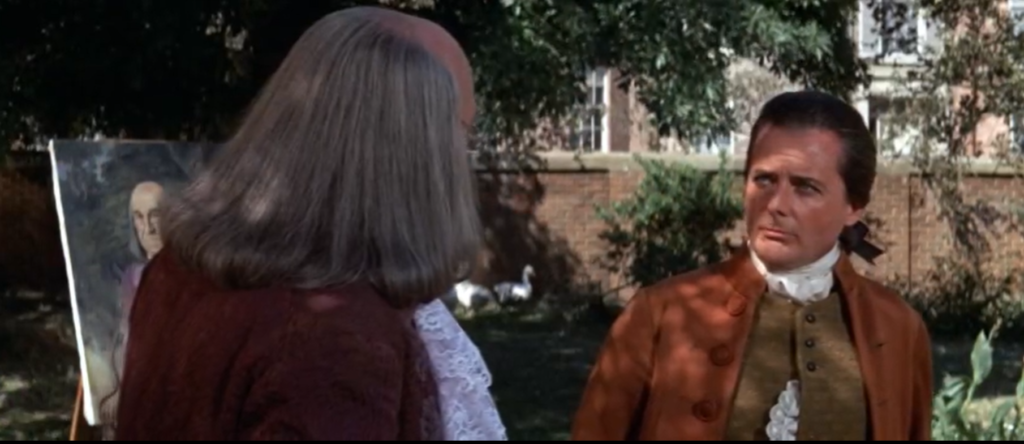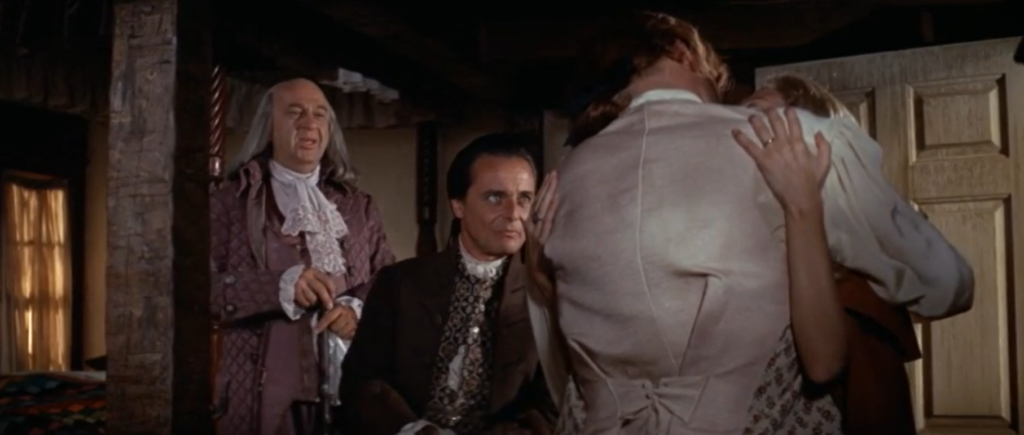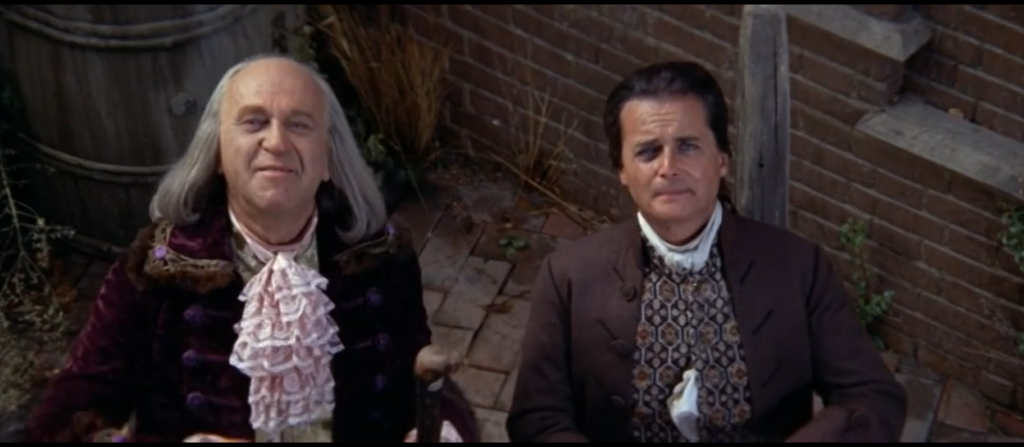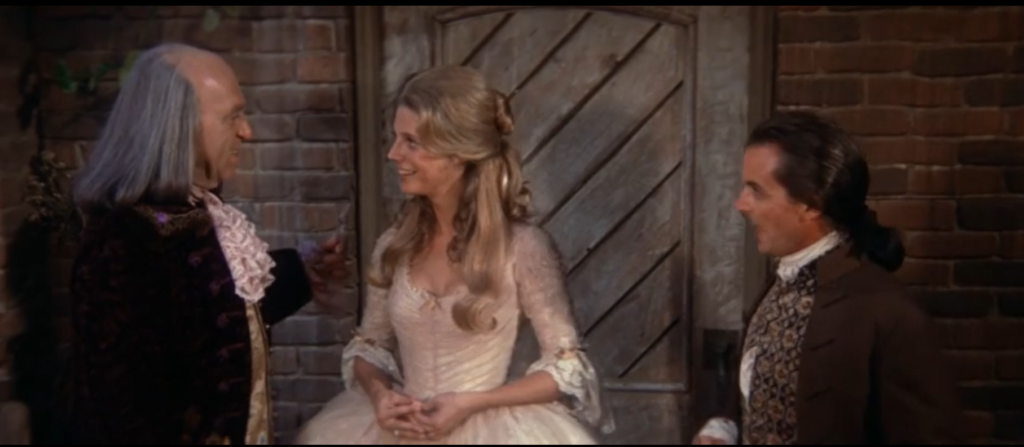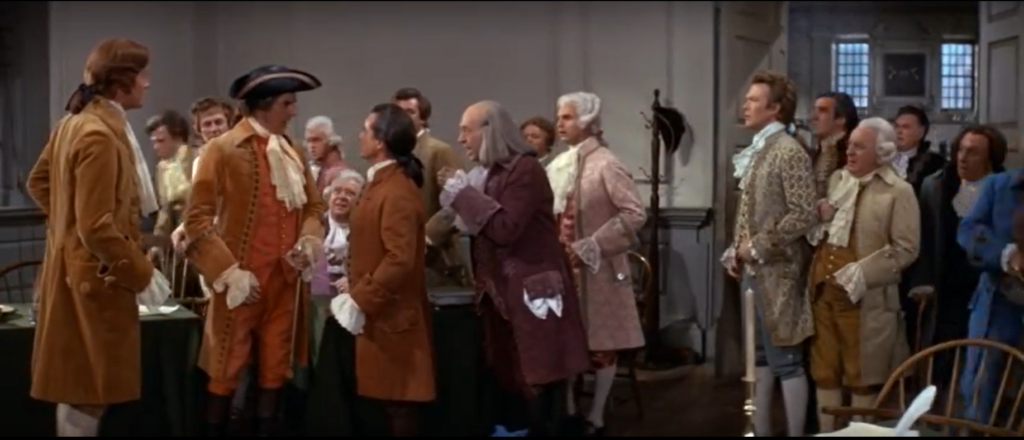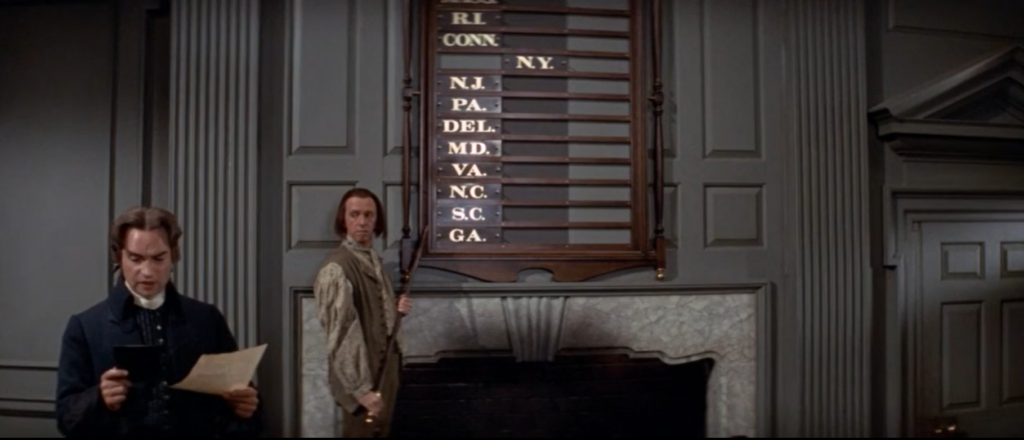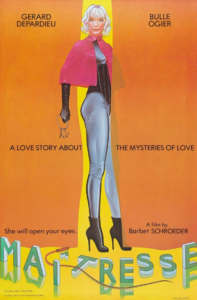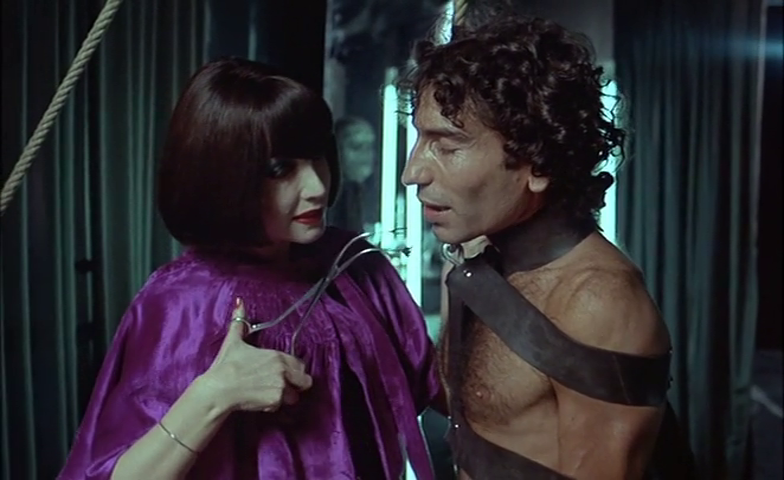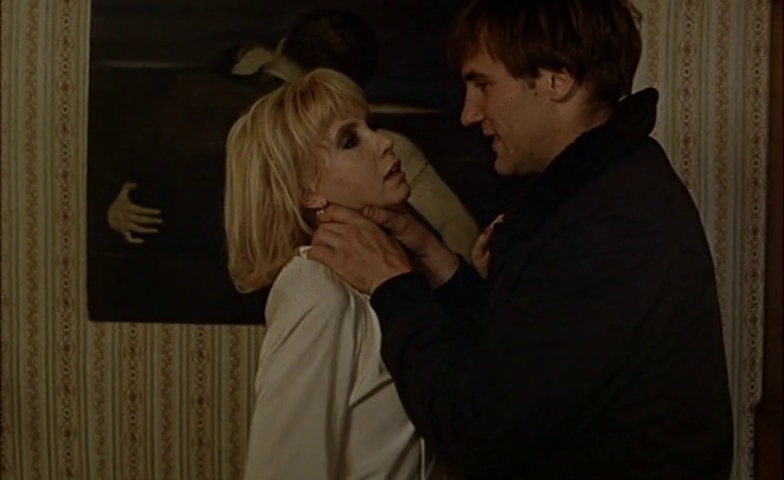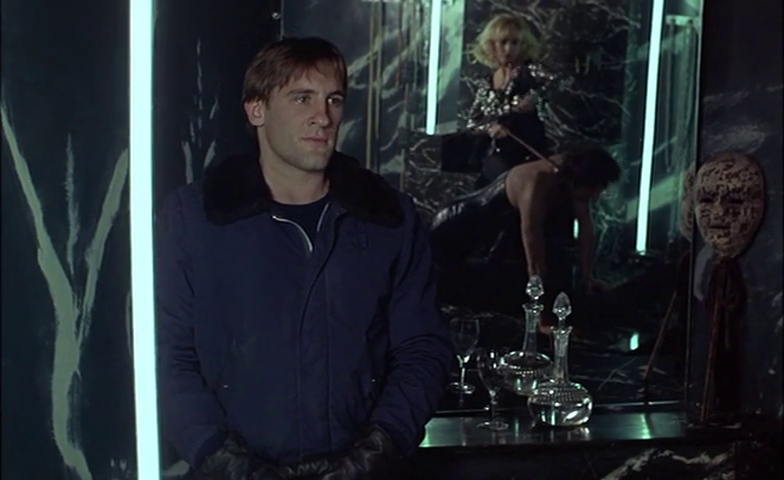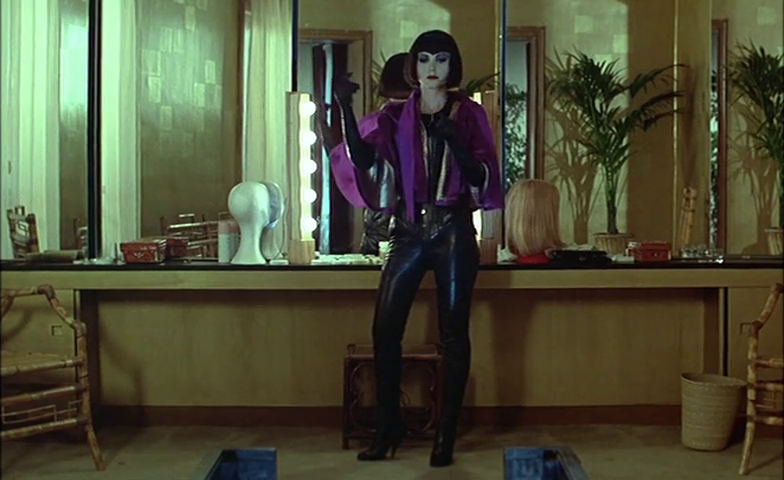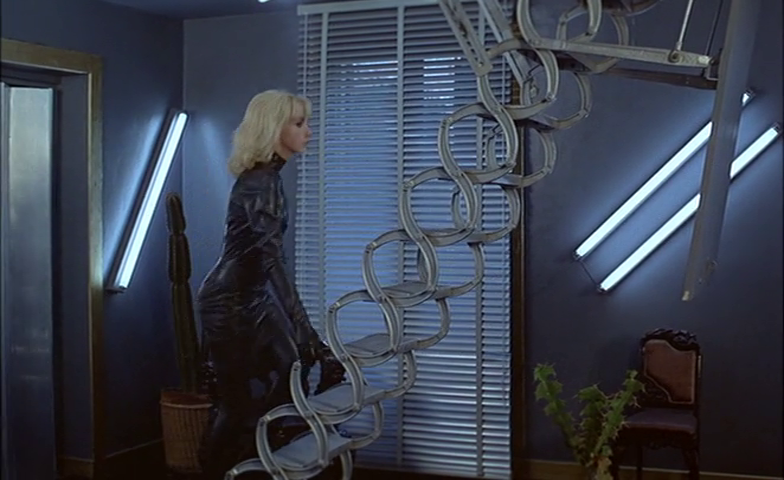Night of the Comet (1984)
“I hate days that start like this.”
|
Synopsis: |
|
Genres, Themes, Actors, and Directors:
Response to Peary’s Review: — would “make a fabulous, permanent comic duo.” He highlights “their fantasy-fulfilling romp through an LA department store that hasn’t any security guards or salesgirls to look over their shoulders” as “a joy to watch”: … and notes that director “Thom Eberhardt adeptly mixes comedy and scares,” with the film benefiting “from an extremely witty, offbeat script, some nifty camera work, and an excellent cast,” with “Stewart, in particular, sparkl[ing].” Peary concludes his review by describing this film as “an unexpected pleasure that’s headed,” he hopes, “for cult status” (it was). While it’s easy to see how this film must have pleased audiences at the time — and certainly retains a huge nostalgia factor given its Very 80s vibe and soundtrack — it’s not really all that compelling. Stewart is sleeping with an idiot (Bowen) for no apparent reason: … other than perhaps to get away from her witchy stepmom (Sharon Farrell), and Maroney shows chutzpah in standing up to Farrell but is otherwise an airhead. Beltran is a welcome addition to the cast: … but he’s gone for far too much of the storyline. Meanwhile, the shoot-out at the mall by a band of thuggish survivors doesn’t really pass the sanity test (wouldn’t they be at all eager or curious to talk with fellow-survivors — especially such pretty ones?): … and the subplot involving the “evil” scientists is underdeveloped, with Woronov giving a surprisingly subtle and sympathetic performance for a role that doesn’t really seem to deserve it (though it’s always good to see her on screen). Most impressive are the low-budget effects showing Los Angeles as a red-tinted wasteland; it’s convincingly creepy. Notable Performances, Qualities, and Moments: Must See? Links: |
